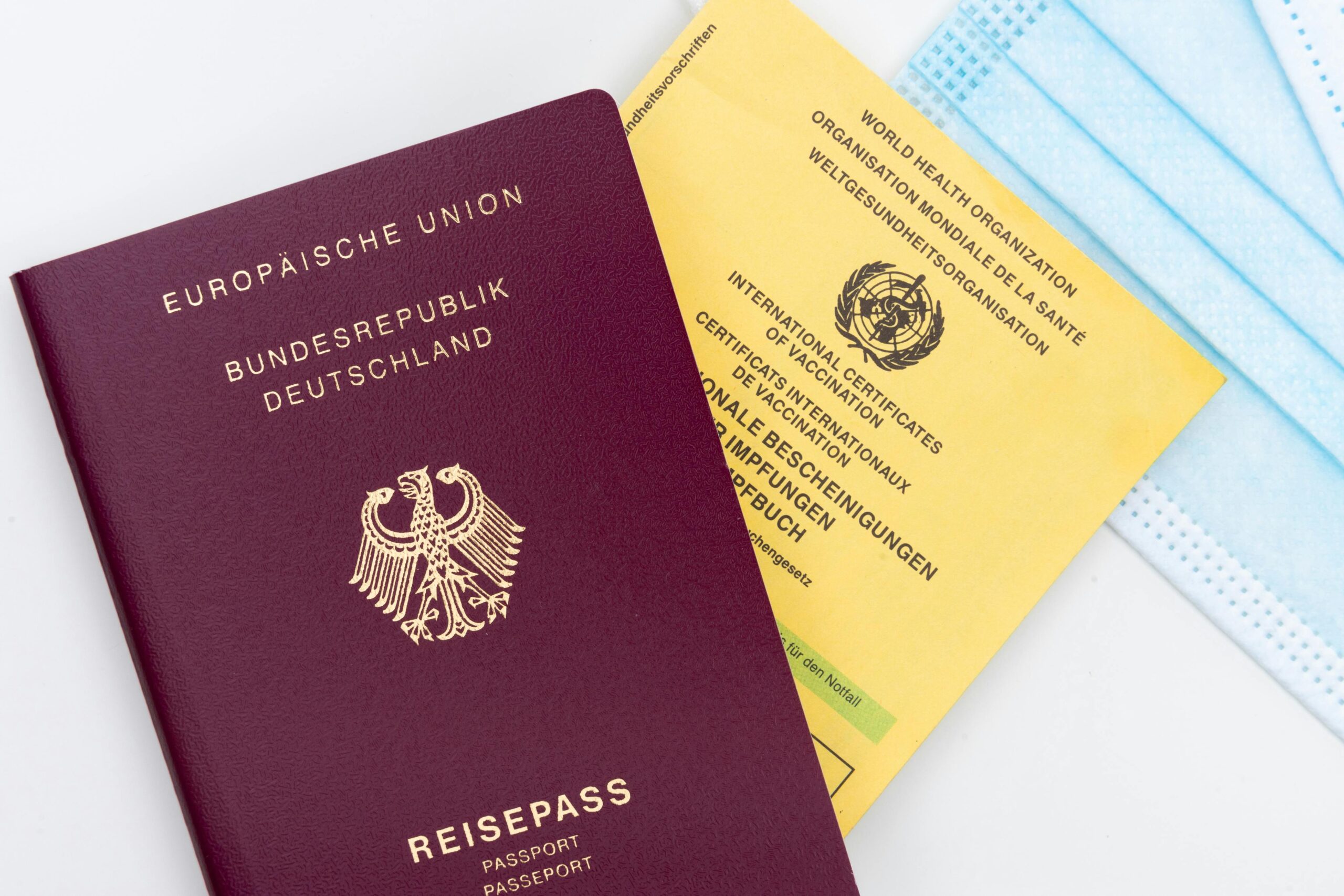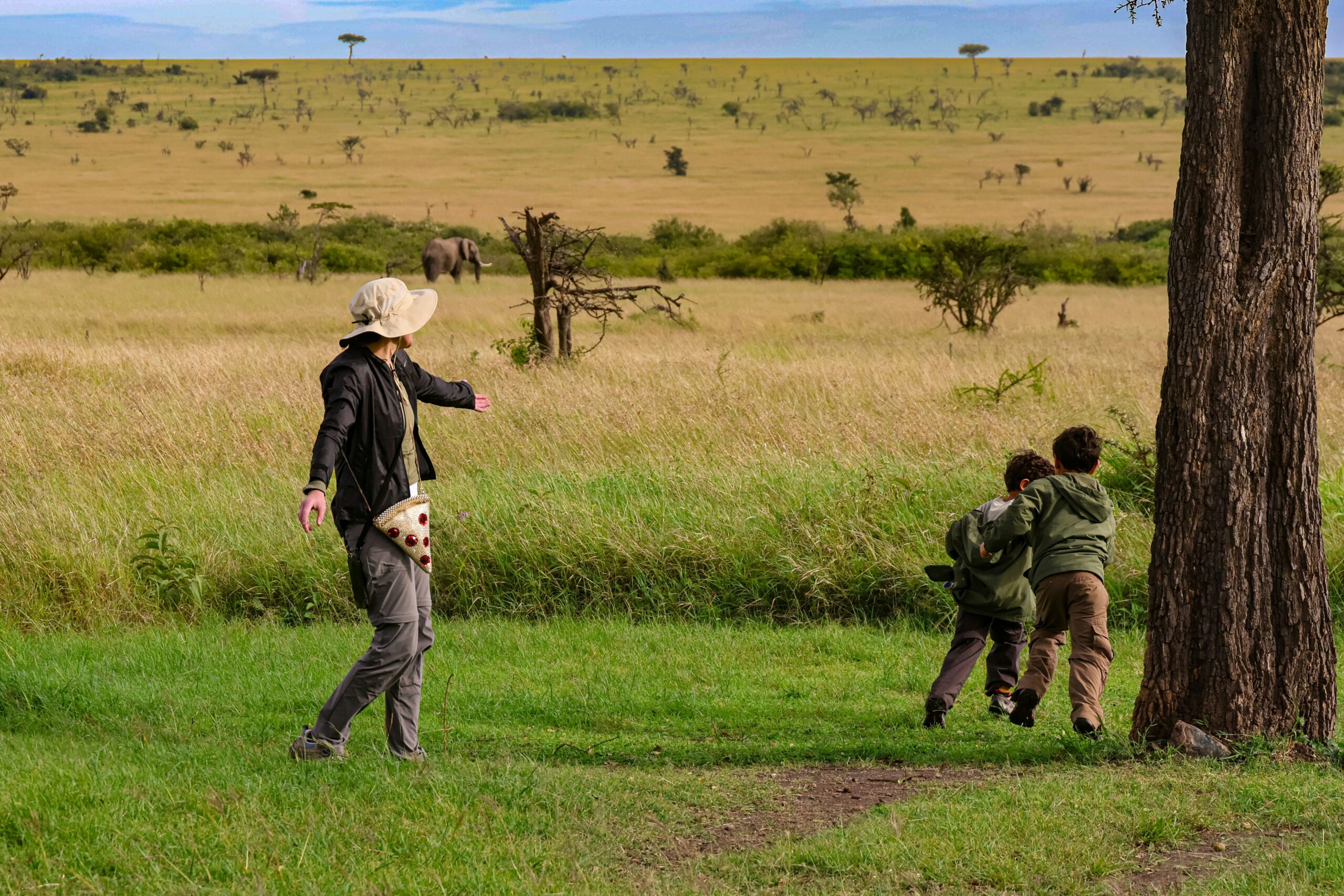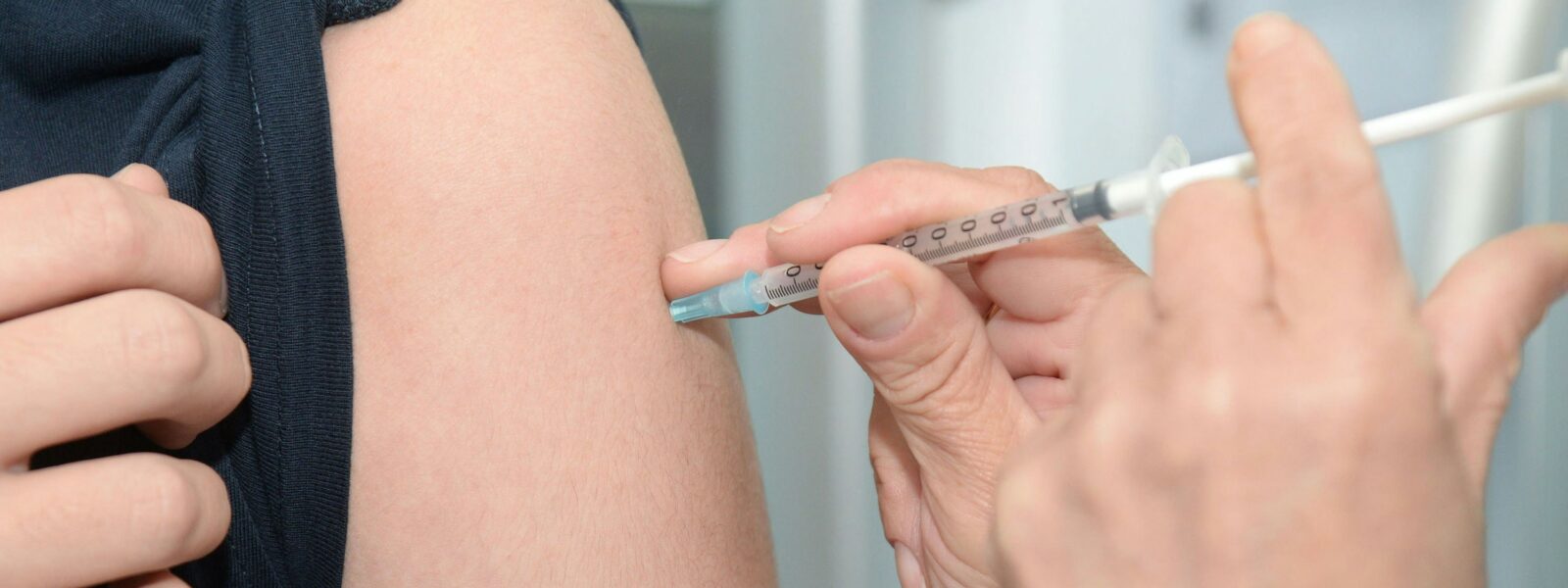Yellow fever poses a genuine health risk in certain parts of Kenya, especially in areas popular for safaris, such as the Masai Mara and inland regions. Although some areas in Kenya have a low risk of transmission, travelers visiting wildlife reserves are still exposed to mosquito bites that can transmit the virus. The vaccine protects your health during your safari and it is also a key travel document for many countries. Kenya requires proof of yellow fever vaccination if coming from or passing through areas where yellow fever is common. This makes the yellow fever vaccine essential before embarking on your safari adventure.
The yellow fever vaccine is not mandatory in Kenya but it is highly advisable if visiting risky areas.
Is the yellow fever vaccine mandatory for entry in Kenya?

The vaccine is not strictly required for entry but it is important to understand that Kenya safari regions often fall within areas where yellow fever transmission is possible. Kenya’s most visited parks and reserves such as Masai Mara and Amboseli were exposed to mosquitoes.
Health organizations like CDC and WHO advise travelers to get yellow fever vaccination if visiting regions with high risks. Being vaccinated protects you during safari and also prevents complications if planning to travel to other countries.
Why is the yellow fever vaccine recommended for safaris?

Getting the yellow fever vaccine before your safari helps you stay compliant with global health regulations. Kenya was classified by the World Health Organization as a yellow fever-endemic country meaning travelers leaving Kenya need to show proof of vaccination when entering other countries.Safari destinations are often in remote or rural regions where access to medical care may be limited.
Key considerations and precautions when planning your Safari

- Some Kenya safari regions in remote areas may lack immediate access to advanced medical facilities making prevention the best strategy.
- Consulting, your health professional in advance ensures you meet entry requirements and helps build tailored vaccination and medication plans suited to your itinerary and health status.
- It is important to carry a basic travel health kit including oral rehydration salts, antiseptic wipes, and any personal medications.
- The health requirements change especially during outbreaks by checking the latest guidance from health authorities and embassies is crucial.
- Combining proper vaccination, mosquito protection and personalized medical advice helps you stay safe and enjoy your safari to the fullest.
- The right precautions and considerations help you focus on incredible wildlife and stunning landscapes that make your safari moments unforgettable on top of Form.

